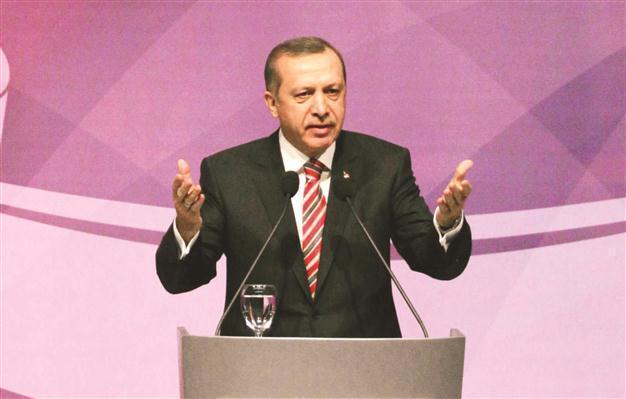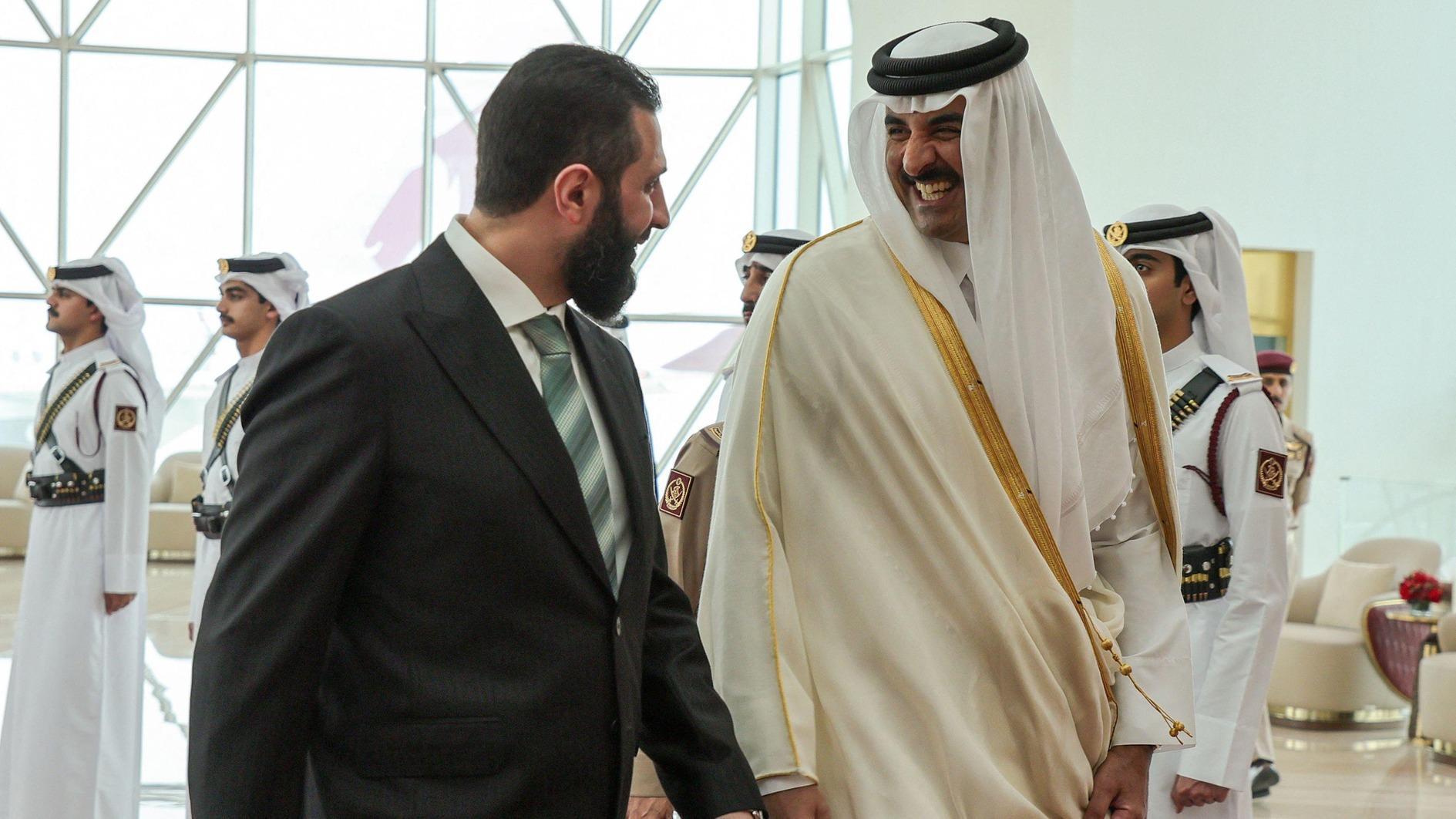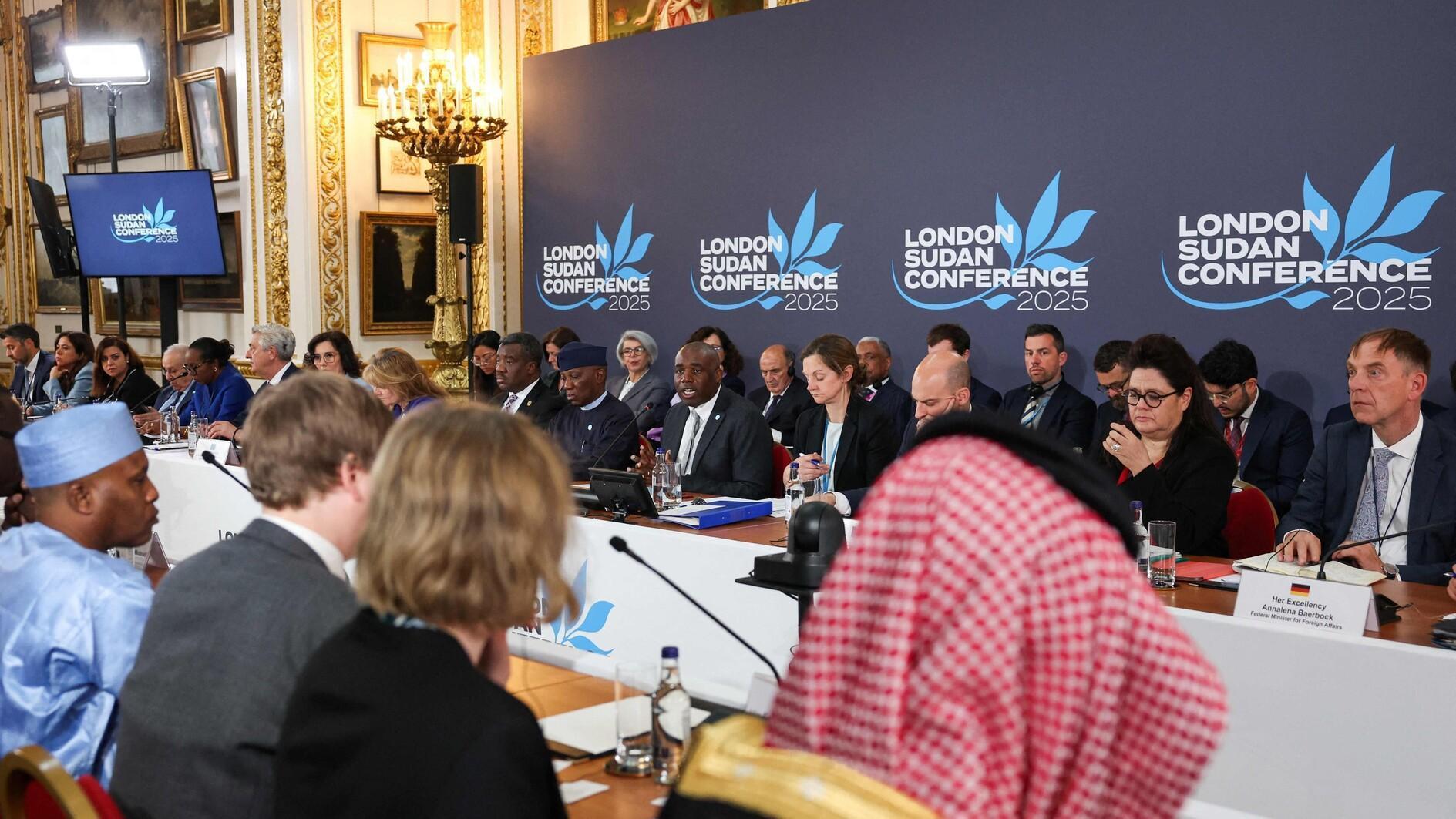Debate on free press heats up in Ankara
ANKARA - Hürriyet Daily News

Speaking at the event to mark the 25th anniversary of daily Zaman newspaper, PM Recep Tayyip Erdoğan rejects mounting criticism over imprisoned journalists. AA photo
Prime Minister Recep Tayyip Erdoğan has rejected mounting Western criticism over a record number of imprisoned journalists in Turkey, while the top American diplomat in Turkey has confessed he was still unable to understand why journalists and intellectuals were put behind bars.Erdoğan argued the outside world was not aware they were involved in subversive and violent activities.
“It’s hard for Western countries to understand the problem because they do not have journalists who engage in coup attempts and who support and invite coups,” Erdoğan said late Jan. 25 at a reception marking the 25th anniversary of the Zaman newspaper.
Without giving a name, he said the jailed journalists included a person who had killed a policeman, and mentioned news stories that were used as evidence in a failed judicial bid in 2008 to have his Justice and Development Party (AKP) outlawed.
However, United States Ambassador to Turkey Francis Ricciardone said he could not “understand” the situation.
“I do have to confess, I do not understand how in a country whose democracy has come so far and is so cherished by the people – I don’t think Turks will ever let go their democracy, I don’t think you’ll ever accept dictatorship in this country – so how can there be intellectuals and journalists behind bars in a country that so values freedom? I simply do not understand,” he told a group of Ankara bureau chiefs Jan. 25.
Ricciardone made a similar critical statement in early 2011 shortly after his arrival in Turkey and has been severely criticized by Erdoğan, who described the envoy as a “rookie ambassador.”
“At the risk of being misunderstood: I said last year, ‘anlamadım, anlayamadım’ (‘I do not understand, I am unable to understand’). I have to say that again. I say it respectfully,” he said, drawing attention to the dilemma of the improvements in the nature of Turkish democracy in the last decade, supported both by the government and the opposition, and the increasing number of jailed journalists and intellectuals.
When asked to further comment on this dilemma that he failed to understand, Ricciardone said he has seen the incredible accomplishments of Turkish democracy in the last decade and has seen how the country has advanced not only economically but in terms of physical, social and human infrastructure.
He said, in full respect to the government’s explanation on the arrested journalists that allegedly links those arrested with terror organizations, “I understand that explanation but I have heard leaders of your government express their own dismay about detentions of people for extended periods of time, when at least detentions seem unnecessary to government, to leaders of your state.”
Every country has to figure out a balance between hate speech and pure freedom of speech, the envoy said. “People should be free to say things that are stupid or even wrong and test them in the marketplace of ideas. They should be free to criticize, even with passion, and to say things that annoy or antagonize the government.”
















